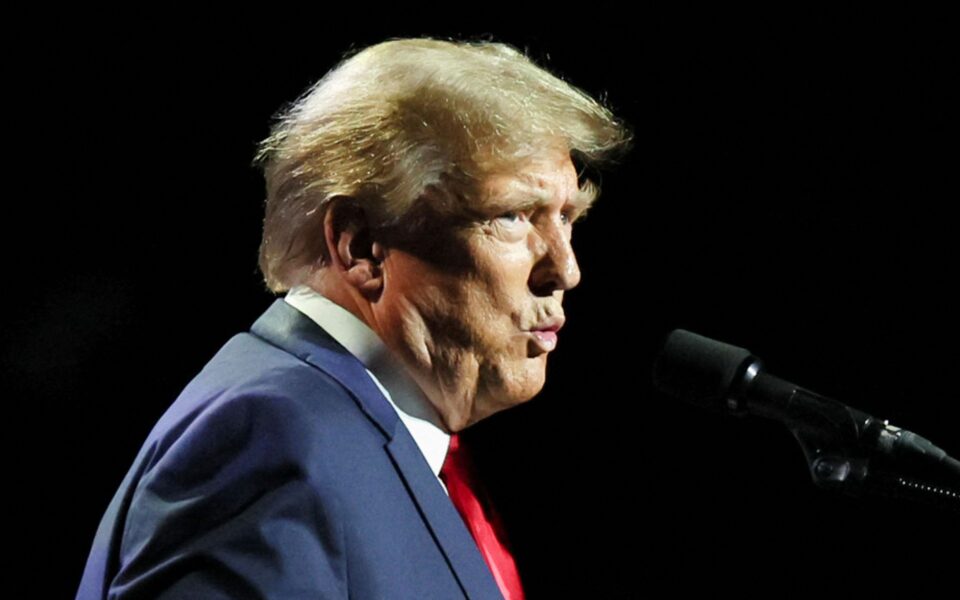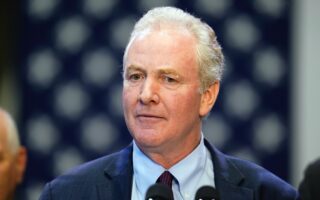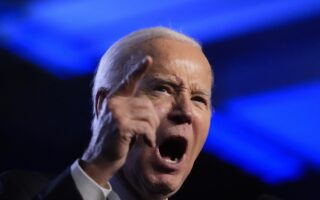Trump’s judicial testing of America

Donald Trump is the first former president of the United States to face criminal charges – 91 of them, to be precise, in four cases. Also, in three states he was barred from being a candidate in the Republican Party primaries for this year’s presidential election.
He denies all the charges, claiming that he is the victim of a Democratic Party “witch hunt.” He is almost certain to win the Republican nomination and could return to the White House. From there, as he proclaims, he will take revenge on all who sought to stand in his way.
But how can it be that the much-vaunted system of “checks and balances” is unable to stop Trump? The key reasons are three: The US Constitution does not bar the election to the presidency of someone who has been indicted or convicted; the Supreme Court appears to be on his side; his supporters are unfazed by all that he does, with enough people having an interest in his election.
The four criminal cases involve interference in the election in Georgia, a role in the January 6 insurrection, Trump’s handling of classified documents, and falsifying business records (hiding hush money to porn star Stormy Daniels). But Trump also had to overturn the decisions by courts in the states of Colorado, Illinois and Maine banning him from primary ballots.
On Monday, the Supreme Court ruled unanimously in his favor, saying that he could remain on the ballot in Colorado (and, consequently, in every state). Now it is Super Tuesday, this means that Trump’s gains in the 16 states staging primaries will be official. The decision was not a surprise, as in a hearing in February, members of the country’s highest court clearly seemed to disagree with the thinking of state supreme courts banning Trump because of his role in the events of January 6. The Supreme Court (three of whose members were nominated by Trump) is involved in January 6 in another way, too.
When special counsel Jack Smith, who is leading the investigation, asked the court to rule on whether Trump was immune to prosecution for whatever he did during his presidency, it did not take up the case, leaving it to a lower court, which ruled against Trump. A trial date was set for March 4. However, when Trump appealed to the Supreme Court for the same case, it took it up, setting a hearing date for April 22.
This means that Trump’s trial in this case was postponed, and it may not be finished by the November elections. If he returns to the presidency, he will be able to order the Justice Department to stop the process altogether.
The US polity’s inability to protect itself is a lesson for the whole world.





